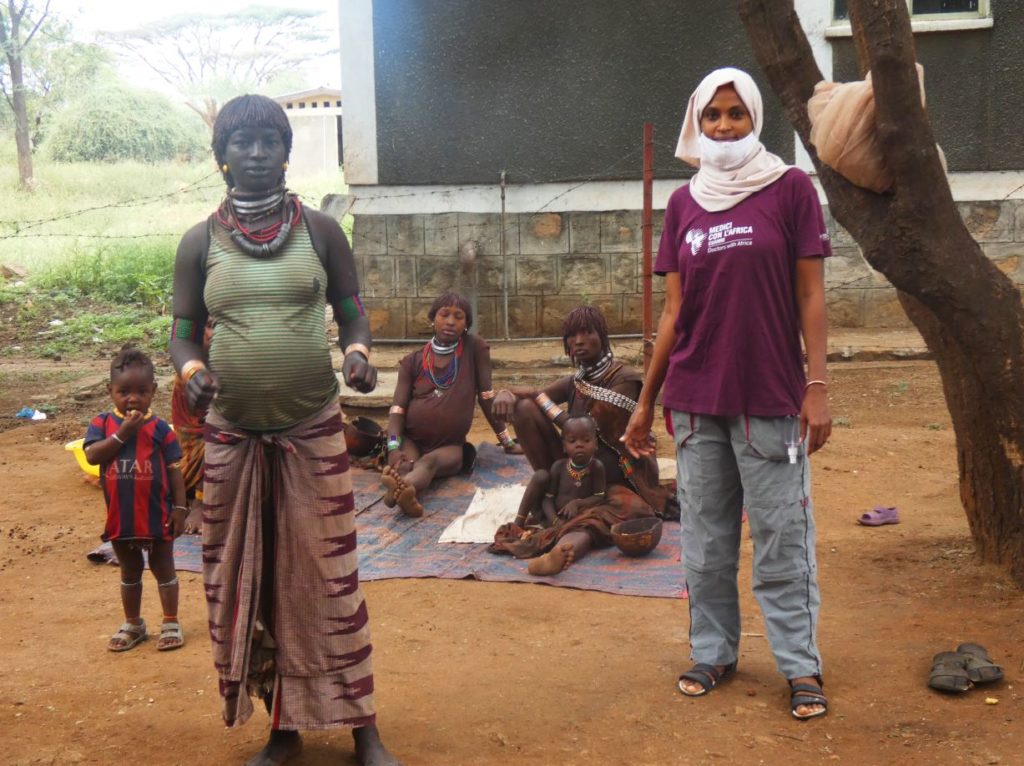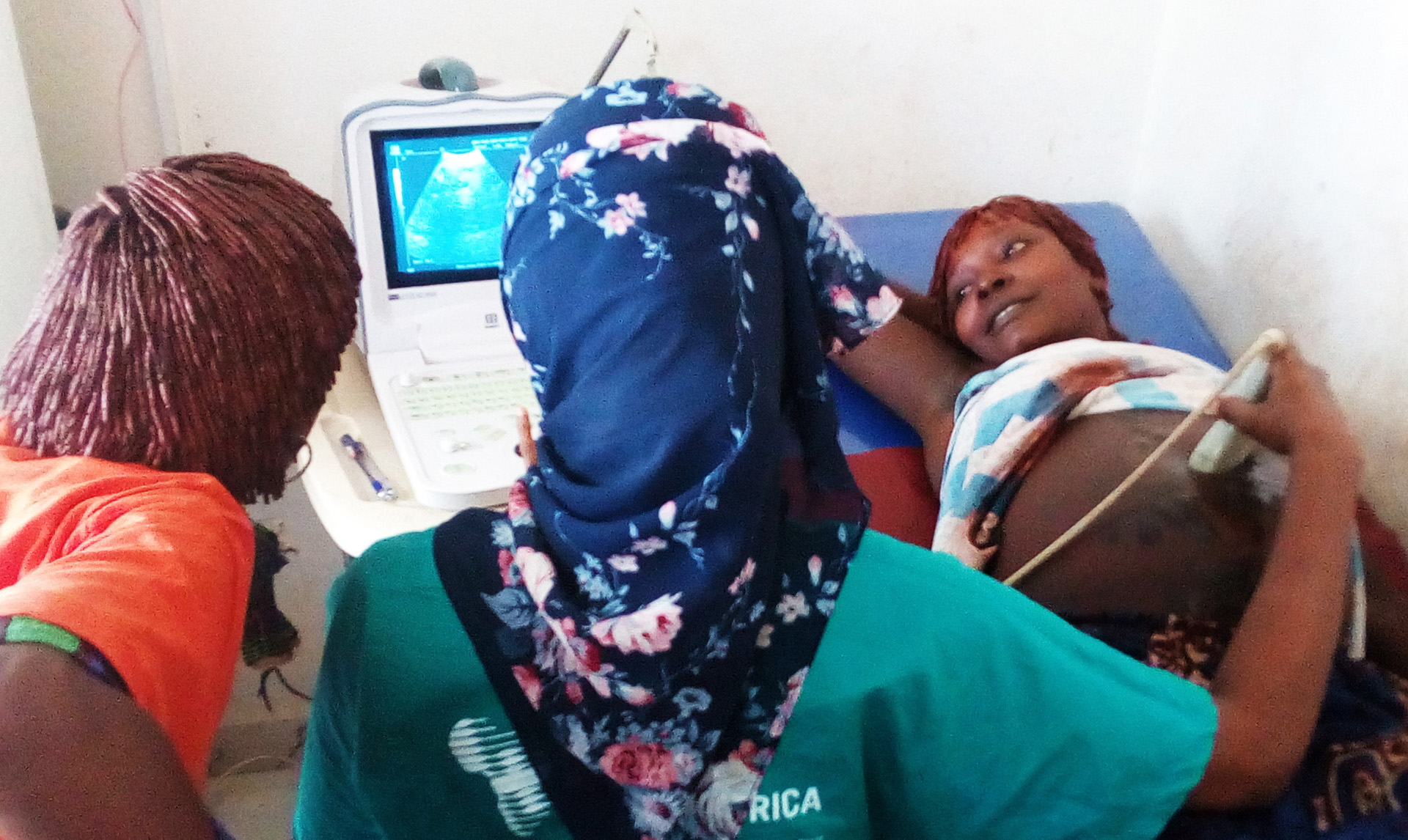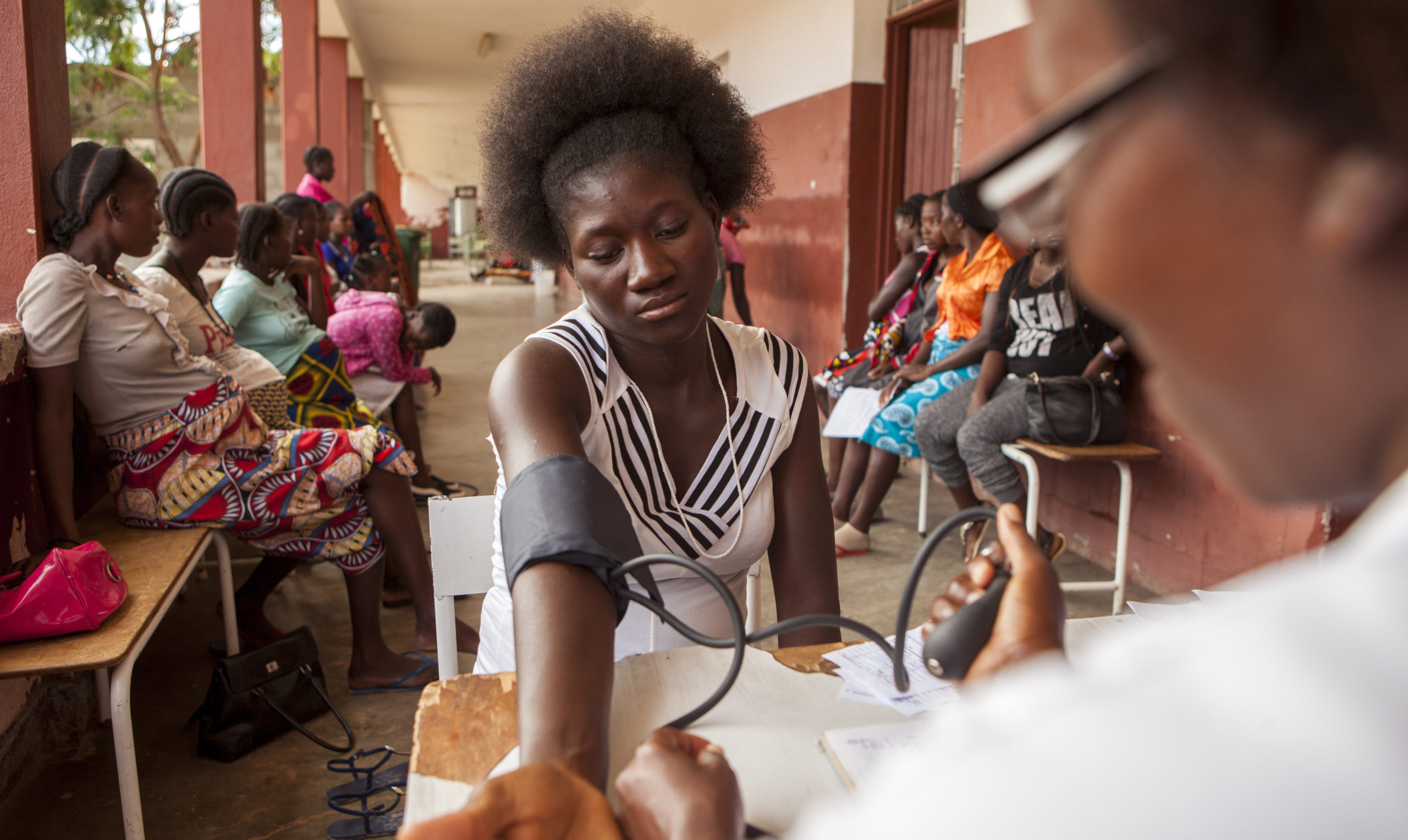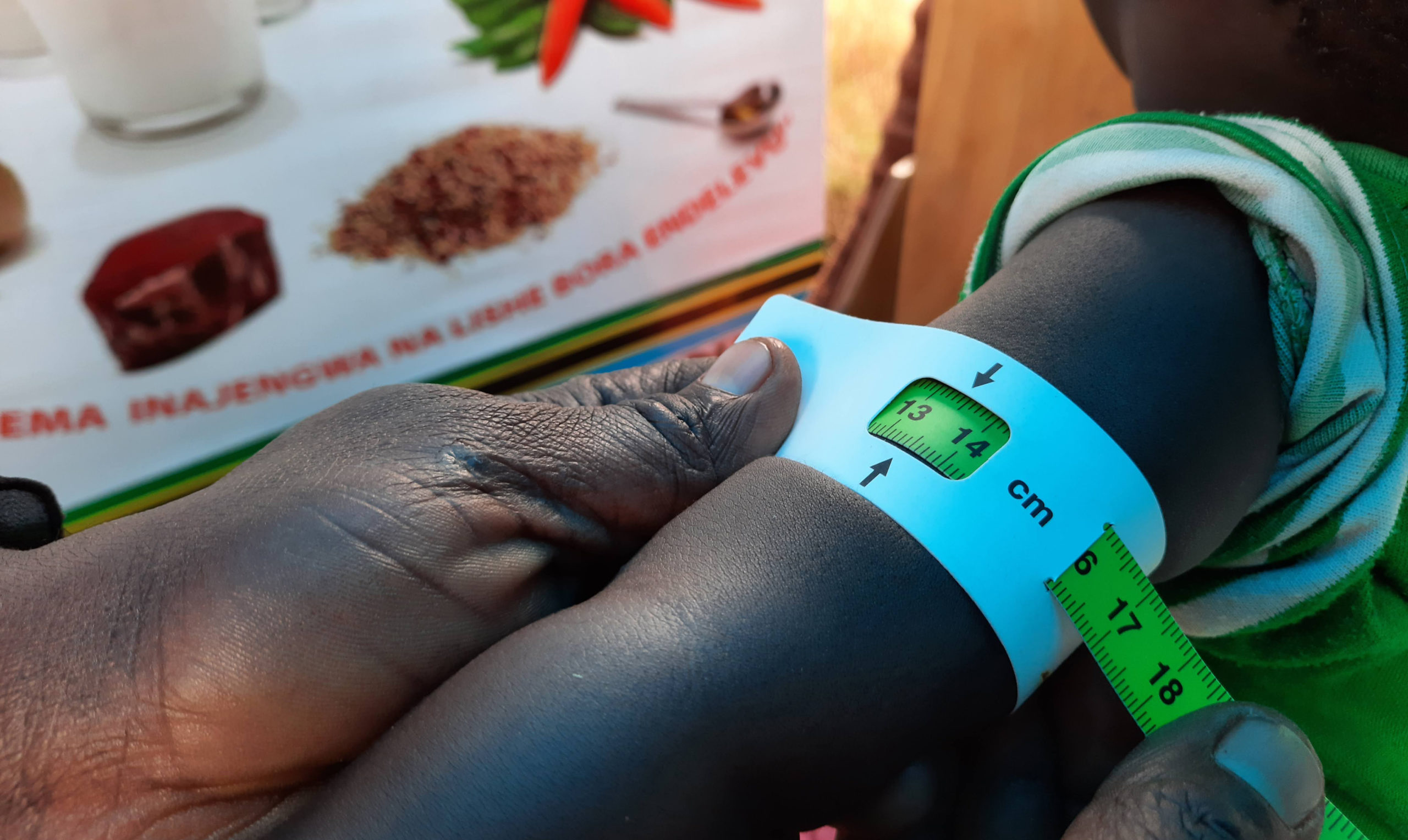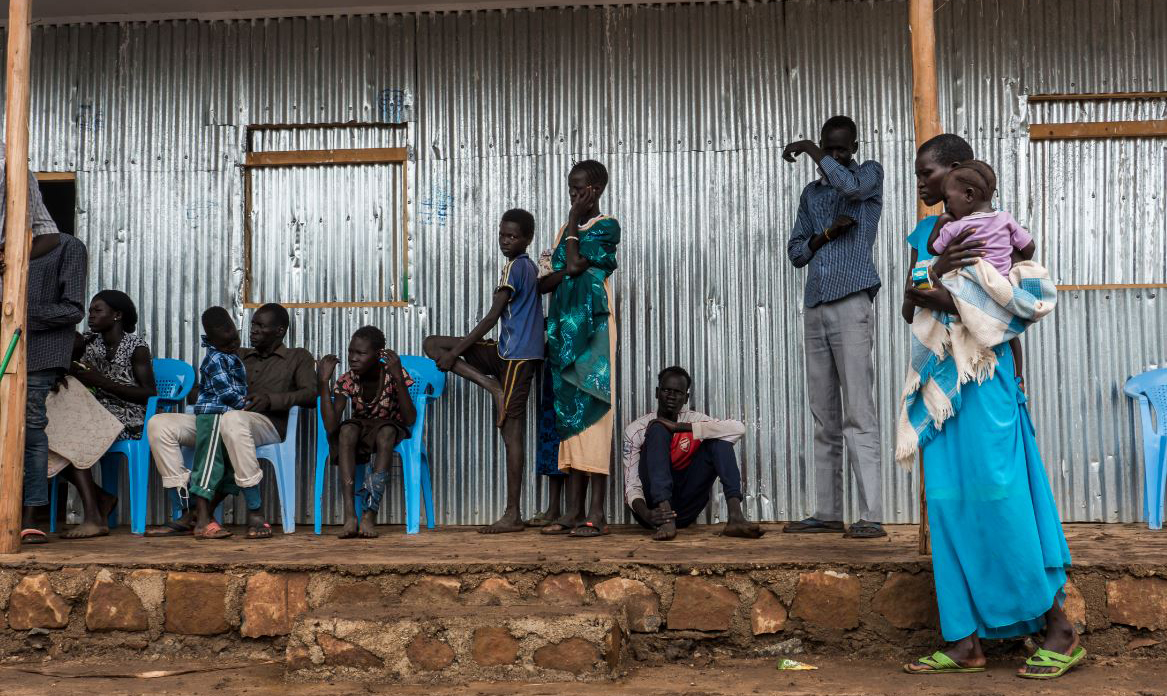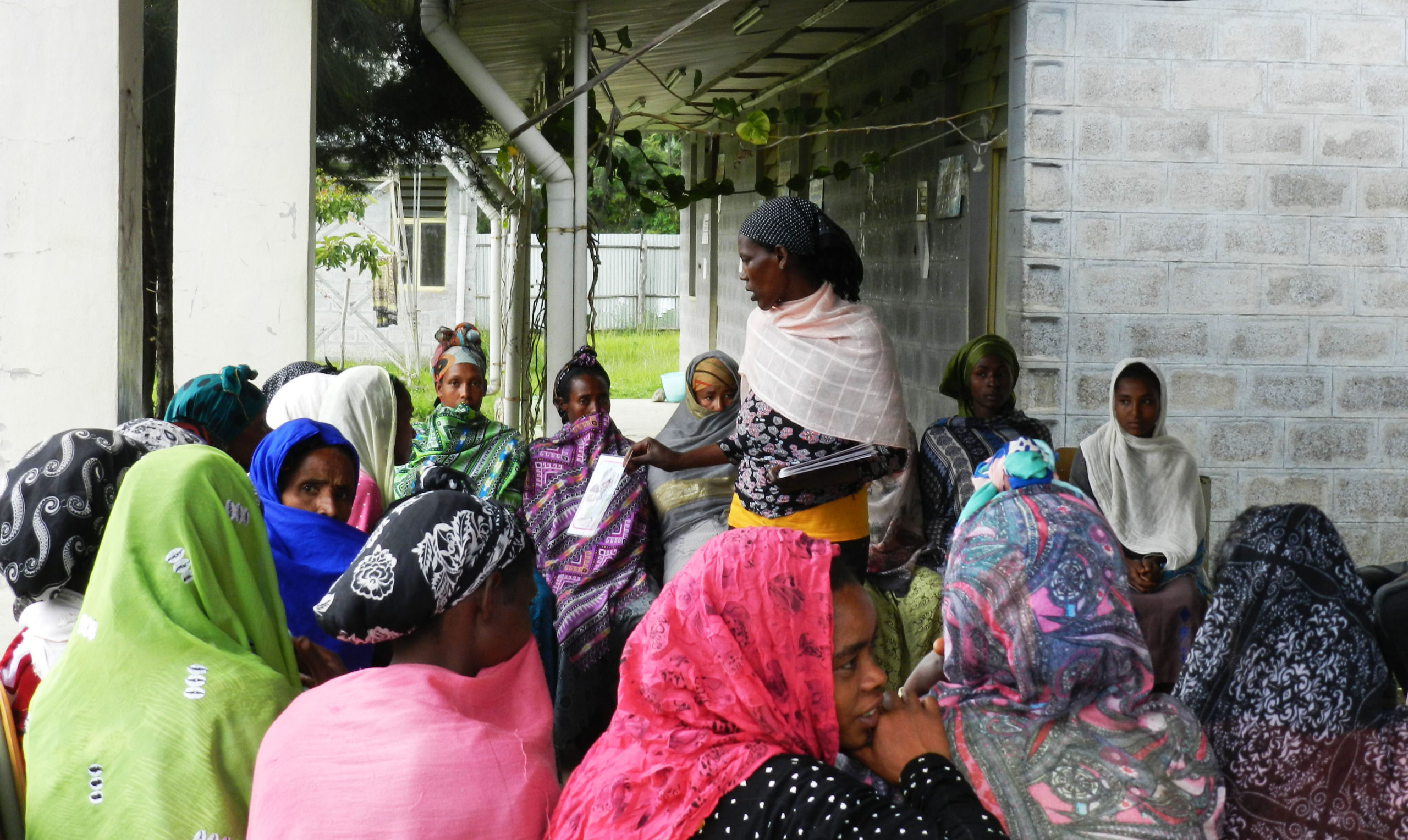Memuna Kemal Siraj, 33, works at the Turmi Hospital in South Omo, Ethiopia, where Doctors with Africa CUAMM strives to improve maternal and child health as part of The First 1,000 Days: Ensuring Quality Health Care to Mothers and Children in the South Omo Zone, a project supported by the Italian Agency for Development Cooperation. Memuna is an integrated emergency surgical officer (ESO), a health worker authorized to operate on obstetric emergency and emergency general surgery patients. Prior to her service in South Omo, Memuna worked for the Ethiopian government and for various other NGOs in remote, difficult areas of the country, particularly the Gambela and Somali Regions.
«When you start working as a health professional, the government assigns you to one of the country’s regions» Memuna explains. «Initially I was sent to the Somali Region, a tough place with few resources and a culture and language very different from my own. It wasn’t easy, but it was there that I became familiar with and impassioned about emergency surgery».
However, she was not enthusiastic about and dedicated to her job from the get-go: «When I was in high school I wanted to study mathematics and become a teacher, but here in Ethiopia you can’t always freely choose what you want to do. So the decision was made that I would study to become a health worker» Memuna explains. «I remember that I cried a lot at first, but then I accepted my responsibilities and slowly but surely began to grow keen about the work I was doing. Years later I still remember an episode that affected me deeply, and which perhaps makes my work even more meaningful to me today. When I was ten our neighbor, a woman my family and I were very close to, got pregnant. One day my mother and I went to her place, where she was about to give birth. She suddenly began to lose a lot of blood and then, after fainting, was taken to the closest health center. But it was too late; sadly, she passed away. I remember asking my mother over and over again why it had happened, and her telling me: “Her placenta got to her brain”. I was just a child, but I knew that her answer made no sense. I kept asking the same question for a long time, and always got the same answer, until – thanks to my studies and my work – I understood that what had occurred was due to an obstetric complication that could have been prevented had the woman been helped earlier and had an assisted delivery in a health facility. When you’re managing emergencies you have very little time to think and make decisions, and it’s even more difficult in settings where communities who don’t understand the value of health care don’t go to health centers or hospitals when in need. Ever since then, every day I choose to take action to try to change things, to avoid getting somewhere when it’s already too late».
This became truer than ever after Memuna was obliged to tackle a number of emergency situations.
«I especially remember a 13-year-old girl who was pregnant and in terrible pain. She was still so small that it would have been impossible for her to have a natural delivery, but her father and husband refused to sign a form allowing her to be given a Cesarean. She came to the health center after two days of labor at home and started suffering from a heavy infection. After more than 24 hours, she absolutely needed to be operated but the closest hospital was 450 kilometers away on a bumpy road. Only then did her family members finally give their consent for her to undergo a Cesarean, but it was too late to save her baby. After she was admitted to the maternity ward for monitoring, the girl’s blood pressure began to fall and she started to bleed heavily. The only way to save her life was to give her a hysterectomy – an operation to remove her uterus – but once again her husband refused to give his consent, and left the hospital, leaving his young wife there. Luckily we managed to save her, but the experience made it even clearer to me how important it is to raise awareness among communities, particularly among women themselves, to make them aware of their rights and help them fight to defend them, thus gaining more independence. What gratifies me the most, and makes it possible for me to face the challenges that arise daily, is being able to serve those most in need: women. I have a special relationship with them: I try to give them constant support, to urge them to defend their rights, and to do so on their behalf when they cannot themselves».
«My work also entails some challenging and frustrating aspects» Memuna continues. «Even though we ESOs play an important role, we are not always treated like the equals of our colleagues – for example, the gynecologists. I’ve always experienced my job as a responsibility towards both myself and others, but sometimes you realize that some of your colleagues and superiors put far less passion and commitment into their work. I believe it all depends on how much you’re motivated and driven to do your job well. That’s what I’m trying to do with the hospital staff in Turmi: to strengthen their sense of trust and to convey passion and care for everything we do, as well as for people. When I first got here there was lots of muddle: medical records were not taken down properly, and the attention given to patients was often superficial. Now, as we work side by side in an effort to grow together and help each other improve, I see things beginning to change. We’re handling a larger number of Cesareans, and are able to offer better service in terms of managing obstetric emergencies, which formerly could be dealt with only in Jinka».
«The most important lesson I’ve learned? That access to health care is – and must be – a universal right. I try to put this idea into practice daily» Memuna concludes. «Ethiopia is a country filled with many different ethnic groups, and there is a lot of discrimination based on one’s origins. But I’m confident that if we stay committed and patient, change is possible».
